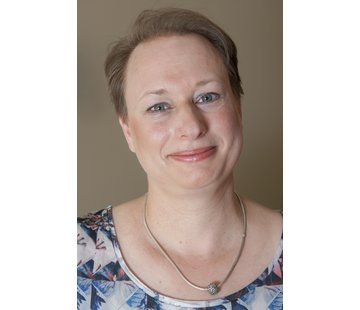Self-test for colorectal cancer IFOBT (2 pieces) - for the same person
Don't want to wait for the population screening and request a colorectal cancer test yourself?
Then take the colorectal cancer screening test, by sending a little stool to our laboratory.
It's as simple as running a mascara brush through your stool and putting the tube in the mail.
Through this package, you can order 2 IFOB Tests at a time.
You will receive twice the shipping material to send the tests separately to our lab.
The Minister of Health, Welfare and Sport has decided to introduce a nationwide population screening for colorectal cancer starting in 2014. The introduction of the population study means that from 2014, Dutch people between the ages of 55 and 75 will receive a call every two years to submit stool samples. These stools will be checked for blood traces. Blood traces can possibly indicate colon cancer, but may also have another cause. If you have blood traces in your stool, you will be offered further investigation into the cause of the blood traces. When you receive an invitation depends on the year of your birth. In 2019, everyone between the ages of 55 and 75 will have received one invitation to participate in the population screening. If you do not want to wait for this, you can also order this test yourself hereParticipants
receive a stool test, which they send to the laboratory themselves for analysis. If blood is found in the stool, the test result is positive. In that case they are referred for further investigation, diagnosis and if necessary treatment.
The stool test is only intended for people who have no complaints.
click here for: instruction Dutch click
here for: instruction English
click
here
formore information from the gastrointestinal foundationThe
iFOBT test is NOT intended for risk groups.
A person belongs to a risk group if they: have had colon cancer or colon polyps before or have symptoms such as:
- visible blood loss in the stool,
- idle urges,
- unexplained weight loss
- anemia
- if the stool pattern has changed recently.
- has a first-degree relative (father, mother or child, ) who has contracted bowel cancer before the age of 50.
- two first-degree relatives who developed colon cancer after the age of 50.
- knows that there is a form of hereditary colon cancer in the family.
In all these cases, careful examination is necessary, usually including an intestinal examination. Your GP will refer you for this. An iFOBT test does not provide sufficient certainty in these cases.












